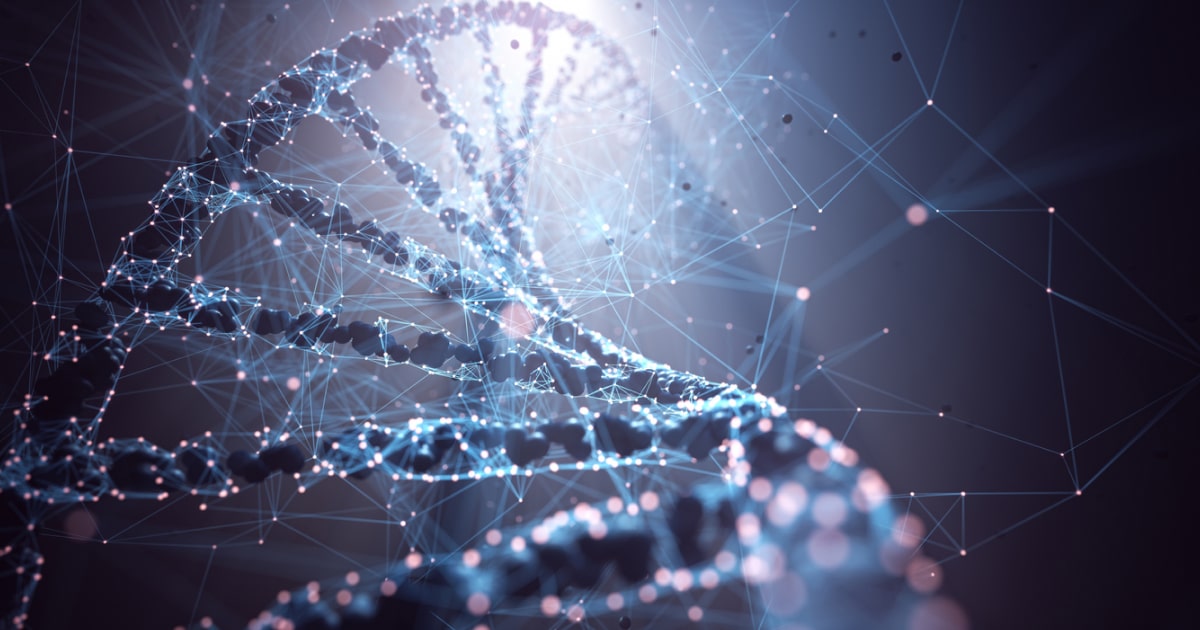
Expert Reviewed By: Dr. Brandon Colby MD
Autistic spectrum disorder (ASD) is a complex neurodevelopmental condition characterized by difficulties in social interaction, communication, and repetitive behaviors. A subgroup of individuals with ASD also exhibits isolated skills, which are exceptional abilities in specific areas such as mathematics, art, or music. This article aims to provide an overview of ASD with isolated skills, the role of genetic testing in diagnosis, and its potential benefits for individuals with this unique condition.
Understanding Autistic Spectrum Disorder with Isolated Skills
ASD affects people differently, with a wide range of symptoms and severity levels. While some individuals may struggle with basic daily tasks, others may excel in certain areas, demonstrating remarkable talents. These isolated skills, also known as "savant skills," are found in approximately 10% of individuals with ASD1.
Research has shown that the development of isolated skills in ASD may be linked to the unique wiring of the autistic brain, which allows for enhanced focus and attention to detail in specific areas2. These skills can be an asset in various fields, from computer programming to visual arts. However, individuals with ASD often face challenges in social interactions and employment opportunities due to the stigma and discrimination associated with their condition1.
Diagnosing ASD: The Role of Genetic Testing
Diagnosing ASD can be a complex process, as there is no single test that can definitively identify the condition. Instead, clinicians rely on a combination of behavioral assessments, developmental history, and medical evaluations. Genetic testing is an emerging tool that can aid in the diagnosis and understanding of ASD, as several genes have been identified to be associated with the condition4.
Identifying Genetic Markers for ASD
Genetic testing involves examining an individual's DNA to identify specific genetic markers that may be associated with ASD. These markers can include single nucleotide polymorphisms (SNPs), copy number variations (CNVs), and other genetic changes. By analyzing these markers, researchers can gain insights into the underlying biological mechanisms of ASD and potentially identify new therapeutic targets4.
Improving Diagnostic Accuracy
While genetic testing is not yet a standard part of ASD diagnosis, it can provide valuable information to support clinical assessments, particularly in cases where symptoms are subtle or atypical. By incorporating genetic testing into the diagnostic process, clinicians may be able to identify ASD more accurately and at an earlier stage, leading to improved outcomes for individuals with the condition4.
Benefits of Genetic Testing for Individuals with ASD and Isolated Skills
Genetic testing can offer several benefits for individuals with ASD and isolated skills, from improving diagnostic accuracy to informing personalized interventions and support strategies.
Personalized Interventions
Understanding the genetic basis of ASD and isolated skills can help clinicians develop targeted interventions that capitalize on an individual's unique strengths and address their specific challenges. For example, a person with exceptional mathematical abilities may benefit from specialized educational programs that foster their talent while also addressing their social and communication needs2.
Reducing Stigma and Discrimination
By providing a biological explanation for ASD and isolated skills, genetic testing can help reduce stigma and discrimination against individuals with the condition. Greater understanding of the genetic basis of ASD may lead to increased acceptance and support in various settings, including the workplace and educational environments1.
Informing Future Research
Genetic testing can also contribute to the broader understanding of ASD and isolated skills, informing future research and the development of novel therapies and interventions. As our knowledge of the genetic factors underlying ASD continues to grow, we may be able to develop more effective treatments and support strategies for individuals with this unique condition4.
In conclusion, genetic testing holds significant promise for improving our understanding, diagnosis, and treatment of autistic spectrum disorder with isolated skills. As research continues to advance, we can look forward to a future where individuals with ASD can fully harness their unique talents and thrive in a more inclusive and supportive society.
About The Expert Reviewer
Dr. Brandon Colby MD is a US physician specializing in the personalized prevention of disease through the use of genomic technologies. He’s an expert in genetic testing, genetic analysis, and precision medicine. Dr. Colby is also the Founder of and the author of Outsmart Your Genes.
Dr. Colby holds an MD from the Mount Sinai School of Medicine, an MBA from Stanford University’s Graduate School of Business, and a degree in Genetics with Honors from the University of Michigan. He is an Affiliate Specialist of the American College of Medical Genetics and Genomics (ACMG), an Associate of the American College of Preventive Medicine (ACPM), and a member of the National Society of Genetic Counselors (NSGC)